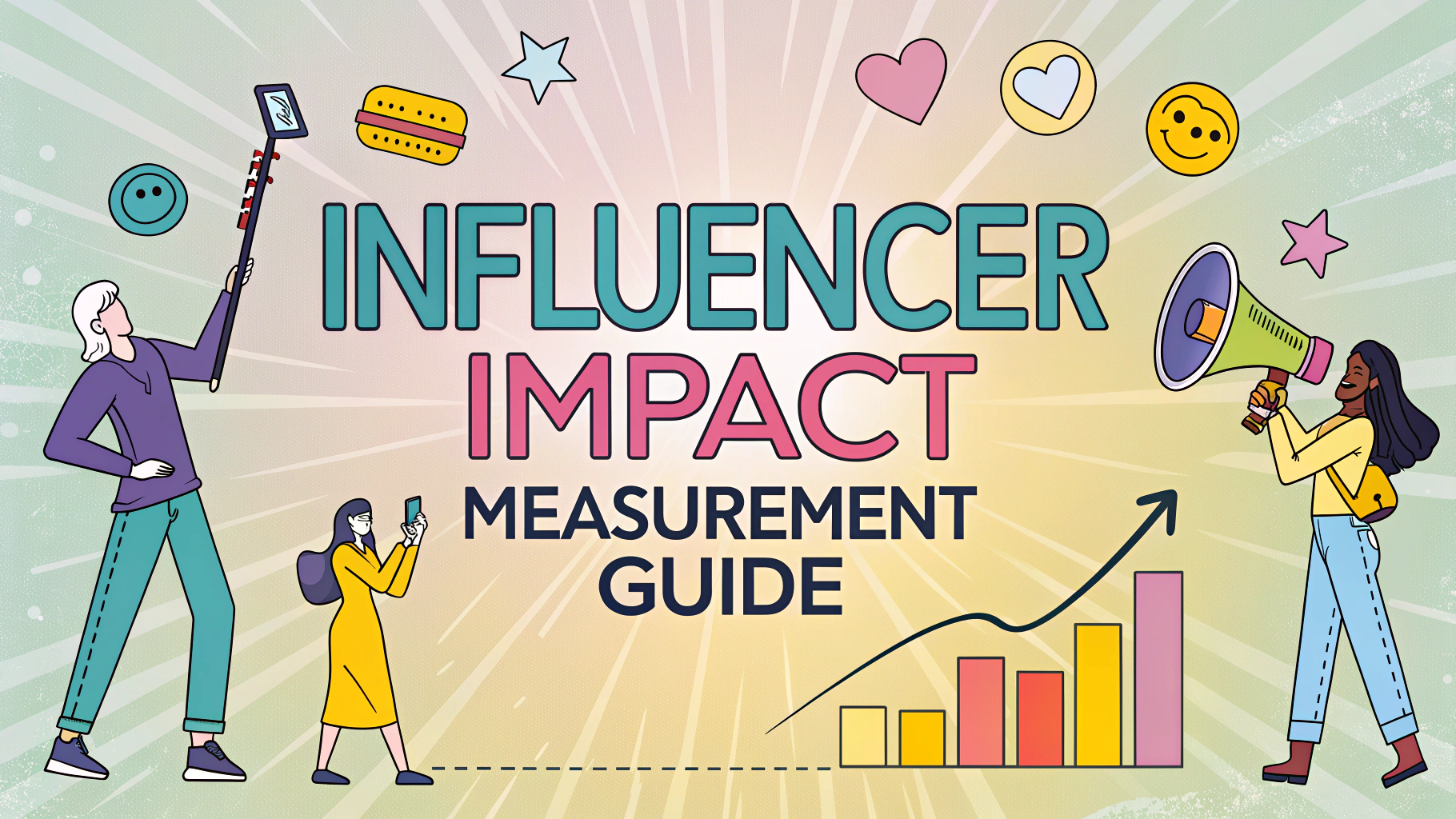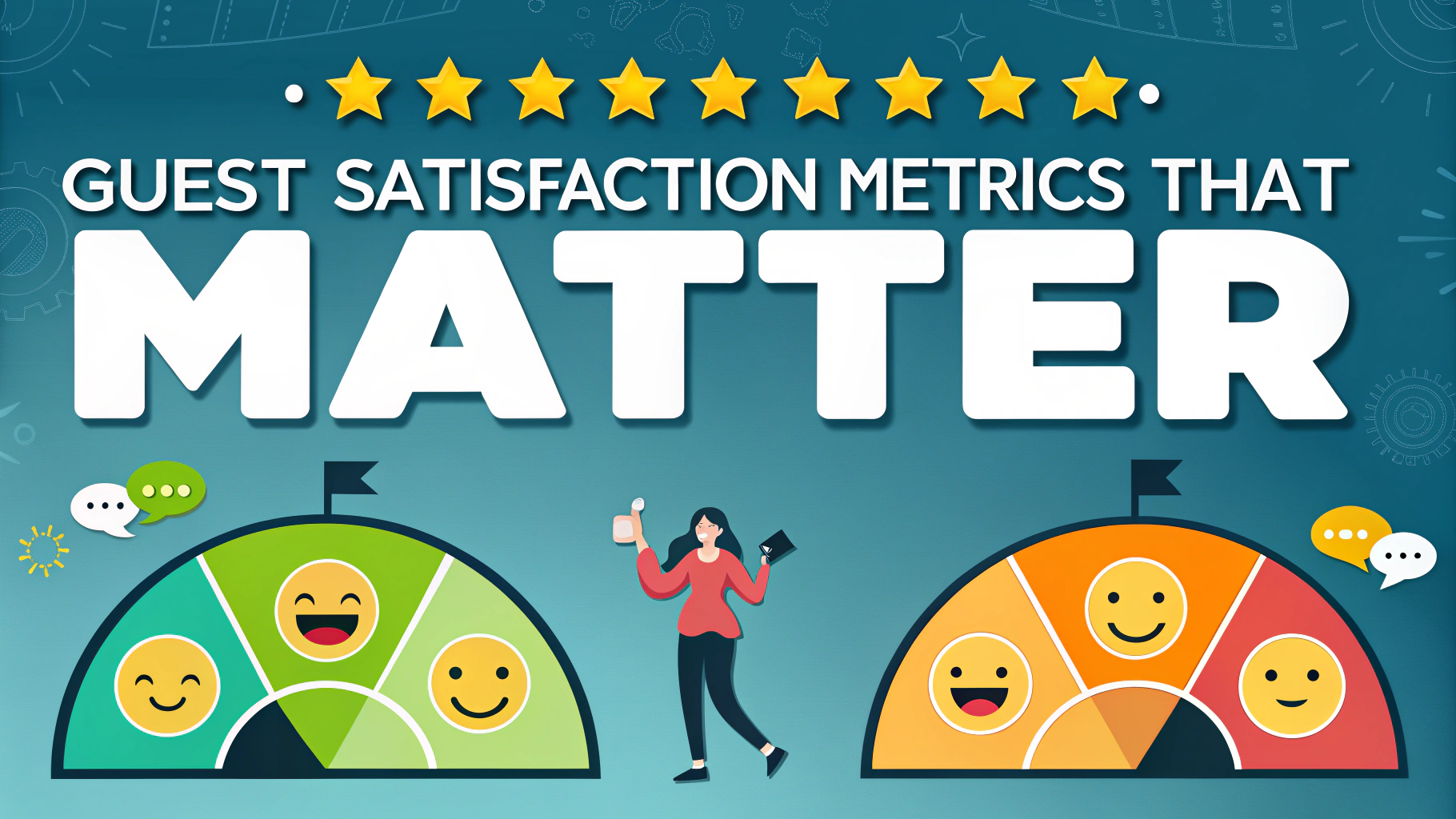Cross-promotion partnerships between hotels and complementary businesses create win-win marketing opportunities that expand reach while reducing costs.
Strategic collaborations with local attractions, restaurants, and service providers allow hotels to tap into established customer bases and offer enhanced value to guests.
This quick guide explores effective cross-promotion tactics that hotels can implement to boost visibility and drive bookings through mutually beneficial partnerships.
Identifying Strategic Partners
Local restaurants present natural partnership opportunities through meal packages and exclusive dining discounts for hotel guests.
Transportation providers like airport shuttles and car services make excellent cross-promotion partners by offering seamless travel experiences.
Nearby attractions, museums, and entertainment venues can create joint ticket packages that benefit both businesses.
Cross-Promotion Tactics That Work
- Create co-branded promotional materials featuring both businesses
- Offer exclusive package deals combining hotel stays with partner services
- Exchange website links and promotional content on social media
- Share customer databases for targeted email marketing campaigns
- Display partner brochures and promotional materials in high-traffic areas
- Develop joint loyalty programs offering rewards at both businesses
Digital Cross-Promotion Strategies
Social media takeovers allow partners to showcase their offerings to each other’s followers.
Joint email marketing campaigns can reach combined subscriber lists with special package offers.
Cross-linking between hotel and partner websites improves SEO and drives referral traffic.
Measuring Partnership Success
| Metric | Measurement Method |
|---|---|
| Bookings from partnerships | Track promo codes and package reservations |
| Social media engagement | Monitor likes, shares, and comments on joint content |
| Email campaign performance | Analyze open rates and conversion rates |
| Revenue from packages | Compare package vs. standard booking revenue |
Legal Considerations
- Create written agreements outlining partnership terms and responsibilities
- Clearly define how customer data will be shared and protected
- Establish guidelines for using each other’s brands and logos
- Include termination clauses and performance expectations
Maximizing Partnership Value
Regular communication with partners ensures promotions stay fresh and relevant to current market conditions.
Training staff about partner offerings helps deliver seamless guest experiences.
Collecting and acting on guest feedback helps refine partnership offerings over time.
Taking Action on Cross-Promotion
Start by identifying 2-3 potential partners whose offerings complement your hotel services.
Schedule meetings to discuss partnership opportunities and establish shared goals.
Create a simple action plan with specific promotional activities and timeline for implementation.
Managing Ongoing Partnerships
Regular partnership reviews help identify what’s working and opportunities for improvement.
Quarterly meetings with key partners maintain alignment on goals and expectations.
Tracking shared KPIs ensures both parties benefit from the collaboration.
Expanding Partnership Networks
Start small with a few key partners before gradually expanding your network.
Consider seasonal partnerships to address specific market needs throughout the year.
Look for complementary businesses entering the market as potential new partners.
Creating Partnership Tiers
- Premium partners with deep integration and exclusive offers
- Standard partners for basic cross-promotion activities
- Seasonal partners for specific campaigns or events
Overcoming Common Challenges
Address uneven performance early through open communication with partners.
Maintain consistent branding while accommodating partner requirements.
Balance multiple partnerships without overwhelming guests with offers.
Building Long-Term Success Through Strategic Alliances
Successful cross-promotion partnerships require ongoing commitment and active management from all parties.
Focus on creating genuine value for guests rather than just promotional opportunities.
Continuously evaluate and evolve partnerships to meet changing market demands and guest expectations.
FAQs
- What is cross-promotion in hotel marketing and why is it important?
Cross-promotion in hotel marketing involves partnering with complementary businesses or services to promote each other’s offerings. It’s important because it expands market reach, shares marketing costs, and provides added value to guests while accessing new customer bases. - Which businesses make the best cross-promotion partners for hotels?
The best partners include local restaurants, tour operators, transportation services, attractions, event venues, spas, golf courses, and retail shops that align with the hotel’s target market and service quality level. - How can hotels effectively implement cross-promotion with airlines?
Hotels can partner with airlines through loyalty program partnerships, offering combined flight-hotel packages, creating joint marketing campaigns, and providing exclusive deals for airline passengers. - What are the most successful cross-promotion strategies for social media?
Successful strategies include joint content creation, shared hashtag campaigns, mutual social media takeovers, cross-posting of promotional content, and coordinated influencer marketing campaigns. - How should hotels measure the success of their cross-promotion efforts?
Success can be measured through tracking referral bookings, monitoring promotional code usage, analyzing social media engagement metrics, measuring website traffic from partner referrals, and calculating ROI from joint marketing initiatives. - What legal considerations should hotels keep in mind when developing cross-promotion partnerships?
Hotels must establish clear written agreements, define partnership terms, protect brand integrity, comply with data protection regulations, and ensure proper disclosure of promotional relationships. - How can seasonal events be leveraged for cross-promotion?
Hotels can create joint packages around local festivals, sporting events, or cultural celebrations, partner with event organizers, and develop seasonal promotional campaigns with complementary businesses. - What role does digital marketing play in hotel cross-promotion?
Digital marketing facilitates cross-promotion through email marketing campaigns, shared online advertising, co-branded landing pages, joint social media contests, and collaborative content marketing efforts. - How can hotels ensure brand alignment in cross-promotion partnerships?
Hotels should carefully evaluate potential partners’ brand values, target audience, service quality, and reputation to ensure compatibility and maintain brand integrity throughout the partnership. - What are effective ways to cross-promote with local businesses?
Effective methods include creating package deals, offering mutual discounts, developing joint loyalty programs, sharing promotional materials, and participating in local business events and initiatives.







